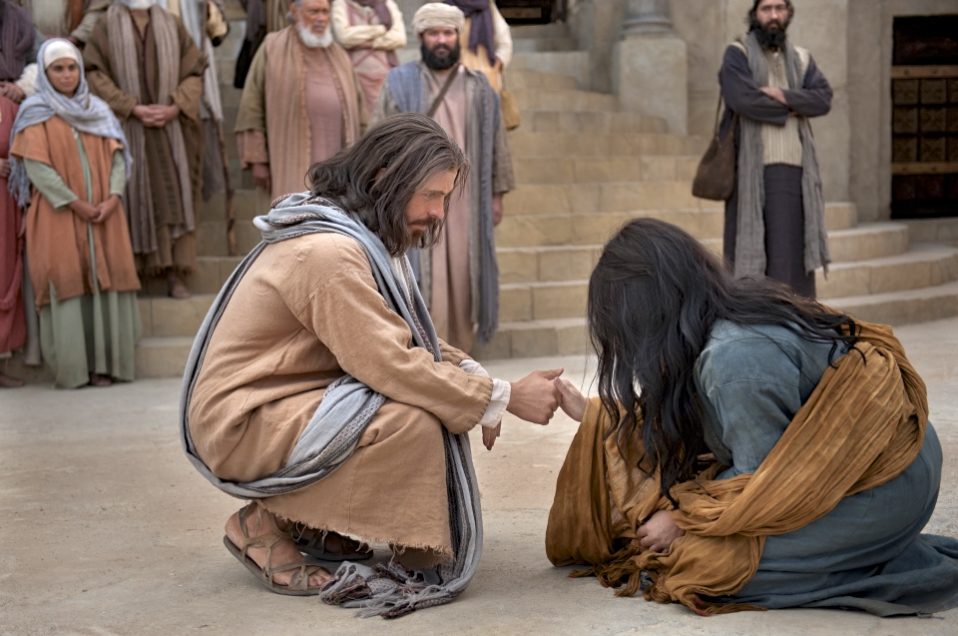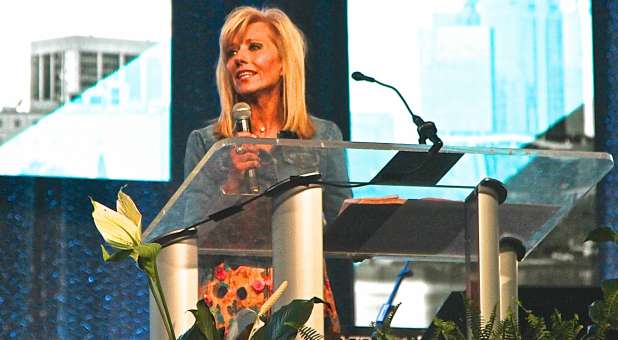In late 2017 we learned that something really ugly lies underneath Hollywood’s sparkling glamour. Harvey Weinstein, the billionaire mogul responsible for movies including Shakespeare in Love, Chicago and The King’s Speech, was fired from his job and expelled from the Academy for Motion Picture Arts and Sciences after dozens of women accused him of rape or sexual harassment.
The women making the charges include actresses Ashley Judd, Kate Beckinsale, Gwyneth Paltrow, Mira Sorvino and Angelina Jolie. And The New York Times, which broke the story, said Weinstein paid off other women after they threatened legal action.
The whole ugly mess also showed us that film industry insiders knew of Weinstein’s behavior, yet they swept it under the infamous Hollywood red carpet. The scandal has revealed a sordid corporate culture in which women are expected to give sexual favors in exchange for career advancement.
This is not the Hollywood blockbuster that film executives were hoping for. But it might get worse, especially since more women are talking openly about the reality of sexual harassment in the movie industry. Actresses Jennifer Lawrence, Reese Witherspoon and America Ferrera now have admitted they were harassed or molested at one point in their lives.
This week, actress Alyssa Milano asked women to tweet #MeToo if they had been molested, raped or harassed. Since last Sunday, the #MeToo hashtag has been used more than 1 million times on Twitter. And more than 5 million people around the world have engaged in the “Me too” conversation on Facebook.
There are also many Christians who can tweet #MeToo. Followers of Jesus are not immune to this problem. And there have been times when both women and men have been sexually abused or harassed by church leaders. Rather than pointing a judgmental finger at Hollywood, we should use this scandal to start a needed conversation at church about gender and justice.
Here are a few of the points we should cover:
- We must stop avoiding the topic of sexual abuse. What we avoid from the pulpit will thrive in darkness. Unless we talk about this uncomfortable topic, victims will suffer in silence in our pews. It might help if local congregations launched their own “Me too” campaigns. Christians need to feel free to admit that sexual abuse happened to them, and churches should offer the counseling and healing needed. And let’s remember that sexual abuse doesn’t happen just to women.
- We should create a culture of mutual respect. The apostle Paul told Timothy that he should treat older women “as mothers” and younger women “as sisters, in all purity” (see 1 Tim. 5:2). And he wrote those words at a time when women were viewed as property.
The gospel goes against cultural norms. Today, women should feel safer in church than anywhere else. Yet I have known of male preachers who used sexist, derogatory language in their sermons. I have also known of “Spirit-filled” ministers who groped women in counseling sessions or used their spiritual authority to seduce girls. All churches should provide the training and accountability needed to become abuse-free zones.
- We must stop blaming victims when sexual harassment happens. Men have been blaming women for the world’s problems ever since Eve listened to the serpent. When a Christian woman is raped or abused, the conversation often turns to how she was dressed. I’ve even heard believers blame a woman who was abused by accusing her of having a “seducing spirit.” That is hyper-spiritual hogwash.
Let’s make it perfectly clear: Abusers, not victims, are guilty of abuse. I don’t care if a woman is wearing a skimpy tank top or hot pants—a man does not have to exert his power over her just because her skin is showing. He can walk away. Just as Joseph ran from Potiphar’s wife, men can control their actions.
It’s sad that many Christian women won’t come forward to talk about their rape or molestation experience because they know a tribunal of Pharisees will point a bony finger at them. I also know a man who was criticized for not fighting back when he admitted to being sexually molested by another man. Why do we kick people when they are down? We need a crash course in godly compassion.
- We must launch a revolution in Christian men’s ministry. In many evangelical churches today, men’s ministry often focuses on how to be strong husbands, fathers and leaders. That is commendable, but in our effort to restore “godly manhood” we focus too much on power and not enough on humility. We don’t realize that one of the reasons Christian women suffer so much is that their husbands or boyfriends are so focused on wielding male power that they become brash, domineering, insensitive and even abusive.
Pornography has taught men for decades to look at women as inferior objects to be used and abused. Our corporate culture has taught us that women can be manipulated, seduced and played to our advantage. Locker rooms have taught us to be sexist and vulgar. No wonder we have an epidemic of abuse and sexual harassment.
But we don’t have to be like the world. When a man comes to Christ, he should renounce the culture of exploitation and learn how to respect women and treat them as equals. If we men will take a long look in the mirror, we might see Harvey Weinstein looking back at us. Let’s get honest and repent. Let’s get all sexual abuse and harassment out of the church now.





